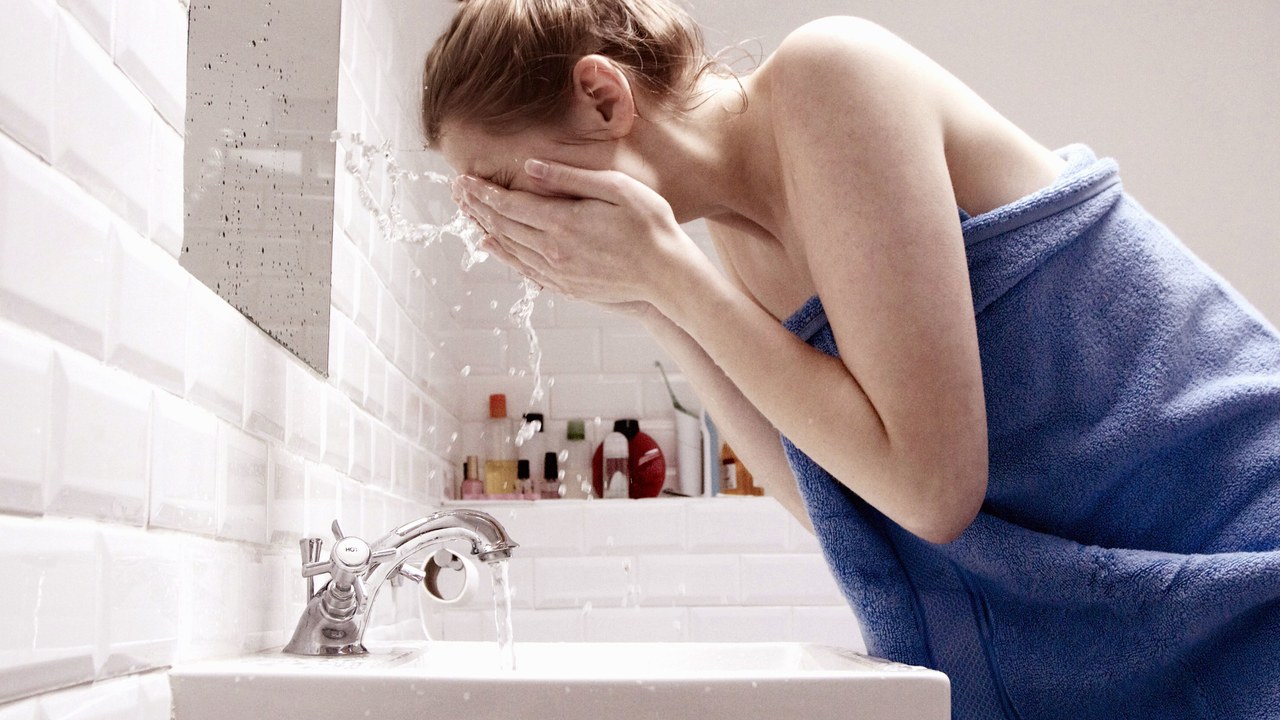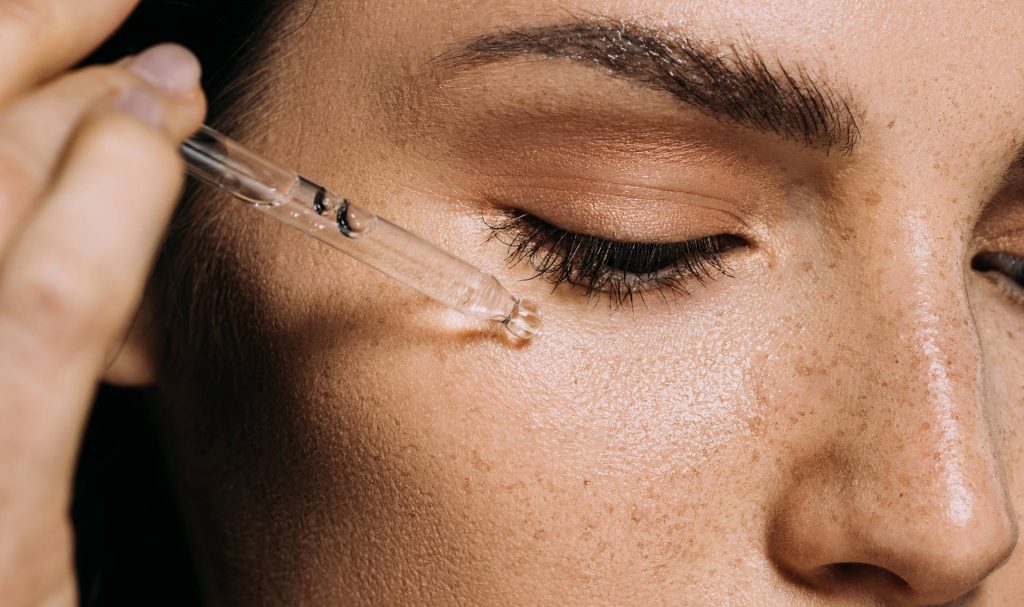Back in January — the time of year when we often vow to treat ourselves and our skin better — a simple skin-care rule went viral on Twitter. Aesthetician Nayamka Roberts-Smith encouraged her massive following to wash their faces, morning and night, for a full 60 seconds each time. It’s clear why the #60SecondRule went viral: It’s easy to remember, doesn’t require purchasing new products or switching up your routine, and, best of all, only takes a minute.
Over the years, I’ve heard lots of different opinions about just how important it is to cleanse your face. A dermatologist once told me that cleanser matters the least of all of your products, since you wash it right off your face; another advised me to wash for the length of time it takes to sing the Alphabet Song in your head. The cleansing clock has clearly long divided skin-care lovers, so we asked the experts: How long should it take to wash your face, and does the amount of time really matter?
On Twitter, Roberts-Smith broke down her reasons for the original rule. According to her, “cleansing your face (with your fingers) for 60 seconds allows the ingredients in the cleanser to actually work.” As she wrote, “Most people wash their face for like 15 seconds max. [Sixty seconds] softens the skin and dissolves sebum blockages better. Texture and overall evenness improves.”
It’s a simple, delightfully quick fix. You’re telling me that instead of spending $60 on vitamin C serum, I can just rub my drugstore cleanser into my face for an extra 45 seconds and see brighter, more even skin? I was sold. In fact, I’d already been sold. I’ve been singing my A-B-C’s while cleansing — sometimes in my head, sometimes out loud, most often without even realizing I was doing it — for years now. But what was all that singing actually doing for my skin?
“In our busy lives, where face washing may be done in a hurry, or even as an afterthought in the shower, the beauty hack for washing for 60 seconds is a good guideline,” says Purvisha Patel, a board-certified dermatologist and founder of Visha Skincare. “It makes sure that the cleanser is applied and actually rubbed into the skin for a whole minute before getting washed off.” Patel divides the time even further, to washing each of the four quadrants of the face for 15 seconds.
If you’ve ever gotten a facial, you’ll notice that the aesthetician takes a minute or more to cleanse your skin, getting off all the makeup and oil that you walked in with. According to Natalie Fairchild, licensed aesthetician and skin therapist at Heyday, the extra time ensures that your skin actually gets thoroughly clean.
“Cleansing for 60 seconds, especially using an oil cleanser or balm, helps to soften the skin, clean out pores, and clean off all the pollution, makeup, and sweat from the day,” says Fairchild. Just as important, especially if you’ve spent said money on serums and other fancy products: Products work better on thoroughly cleansed skin.
Ariel Ostad, a board-certified dermatologist in New York City, says a proper cleanse maintains the skin’s natural barrier, even while removing excess dirt and oil. “Your skin’s barrier is always working to protect your face from chemicals, ingredients within products, and making sure pollutants don’t get in,” says Ostad. A light cleanser helps remove dead skin, without disrupting the protections that your body instinctively puts in place.
Not all skin types are created equal, and it’s important to keep yours in mind when setting the cleansing clock. People with acne, for example, can likely benefit from following the 60-second rule. “Those with acne will generally benefit from a good minute-long wash as it will help exfoliate clogged pores, clean the pores, and wash away excess oil and debris on the skin,” says Patel.
As with other skin-care suggestions, notice how your skin reacts in the moment. If skin feels tight or stripped after cleansing, that may be a sign that 60 seconds is too long. Ostad often sees “over-cleansing” in his practice, which can lead to dryness and inflammation.
“We live in a culture where we feel we have to wash our face multiple times a day, which, over time, can lead to issues like acne and rosacea from the irritation caused by over-washing,” he says. To stave off irritation, Ostad recommends that patients with those issues stick to a 20- or 30-second cleanse.
Aside from the ever-valuable “pay attention your own skin reaction,” I’ll offer one more piece of advice for #60SecondRule devotees: The Alphabet Song takes about one minute to sing, and I swear, my skin is glowier on days when I sing it in front of my bathroom mirror loud and proud.




